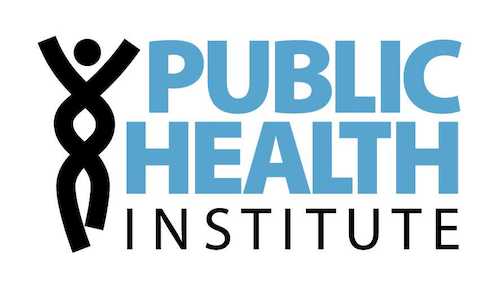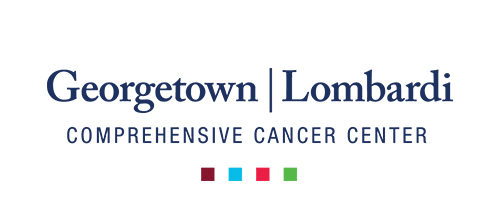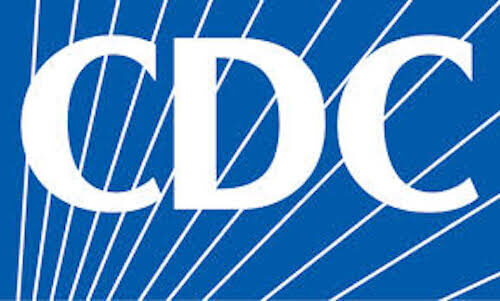Respiratory Disease Surveillance Epidemiologist, Florida Department of Health
Category : Alumni
Position Description
The Bureau of Epidemiology, Florida Department of Health is seeking a full-time respiratory disease surveillance epidemiologist.
Position specific responsibilities include:
- Serve as a subject matter expert on influenza, respiratory syncytial virus, coronavirus disease 2019, and other respiratory diseases of public health significance.
- Produce the Florida Flu Review, Florida’s weekly report on influenza surveillance.
- Manage, analyze, and summarize respiratory disease surveillance data from a variety of sources and systems, including syndromic surveillance data, mortality data, outbreak data, and laboratory data. Help to improve and implement changes in these systems.
- Manage and report Florida’s data in the Centers for Disease Control and Prevention’s (CDC) respiratory disease surveillance systems, including ILINet, Secure Access Management Services, and National Respiratory and Enteric Virus Surveillance System.
- Respond to respiratory disease related inquiries from the media and public.
- Assist county health department (CHD) epidemiologists with investigations of influenza-associated pediatric deaths and other respiratory disease case investigations. Coordinate laboratory testing and report data to CDC as needed.
- Provide written and verbal guidance to CHD epidemiologists reporting respiratory disease outbreaks in Merlin, Florida’s reportable disease surveillance system. Review respiratory disease outbreak reports in Merlin, as requested by the Bureau of Epidemiology.
- Assist CHD epidemiologists with conducting respiratory disease surveillance in their counties, including reporting of activity levels to the state.
- Conduct yearly trainings for CHD epidemiologists on influenza surveillance. Produce and distribute resource packets to CHDs to support county-level respiratory disease surveillance activities.
- Manage the influenza sentinel provider program, including onboarding new providers, conducting trainings, assisting with data reporting, coordinating laboratory testing, and summarizing data for reports.
- Communicate respiratory disease surveillance information at regular meetings with colleagues at CHDs and at the state office.
- Coordinate grant-related activities, including ensuring all deliverables are met, submitting quarterly reports, and writing a yearly application.
- Serve as a liaison between the Surveillance and Surveillance Systems Section, Infectious Disease Prevention and Investigation Section, and the Bureau of Public Health Laboratories.
Qualifications
- Candidate must have excellent written and oral communication skills.
- The successful candidate will have strong data analysis and data visualization skills and a firm understanding of public health surveillance, syndromic surveillance and surveillance system evaluation methodologies.
- The candidate should have experience with analysis software such as SAS, SQL, Access, R, and/or other analytical tools.
- The candidate should have an MPH, MSPH, MS, or equivalent degree in epidemiology or a health-related field.
- The candidate must be able to legally work in the United States without assistance from the organization.
Organization Description
This position is in the Bureau of Epidemiology, Florida Department of Health, State Health Office in Tallahassee, Florida. The position is part of the Surveillance and Surveillance Systems Section of the Bureau of Epidemiology. The Bureau of Epidemiology leads the Department of Health’s efforts to prevent infectious and chronic diseases through surveillance, case and outbreak investigation, training and information dissemination.
Florida Department of Health Mission: To protect, promote and improve the health of all people in Florida through integrated state, county and community efforts.
How to Apply
Qualified candidates should submit 2 items to katie [dot] kendrick [at] flhealth [dot] gov:
- 1) CV and 2) cover letter indicating specific interest in this position.









Recent Comments